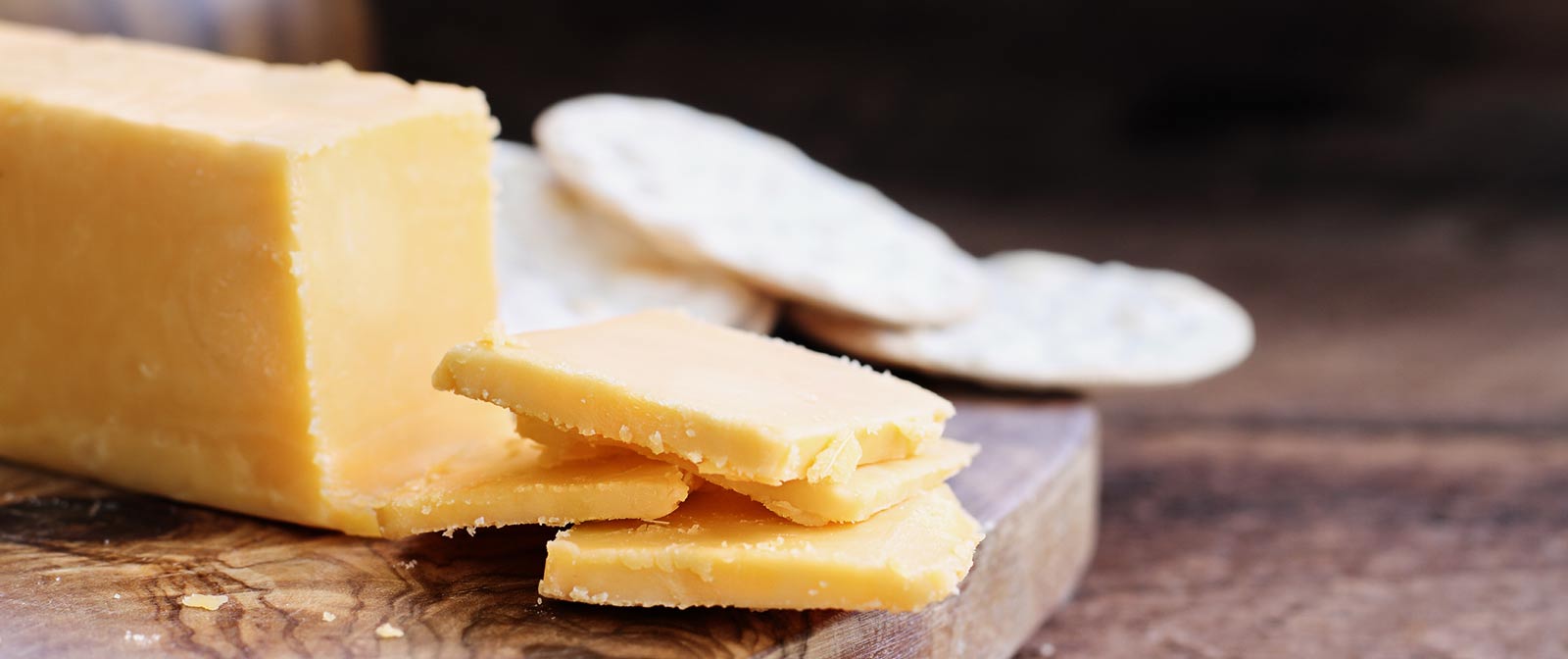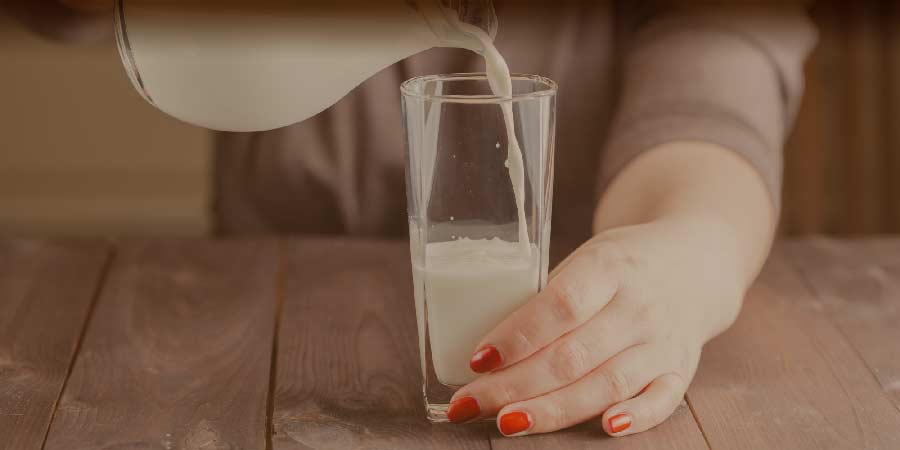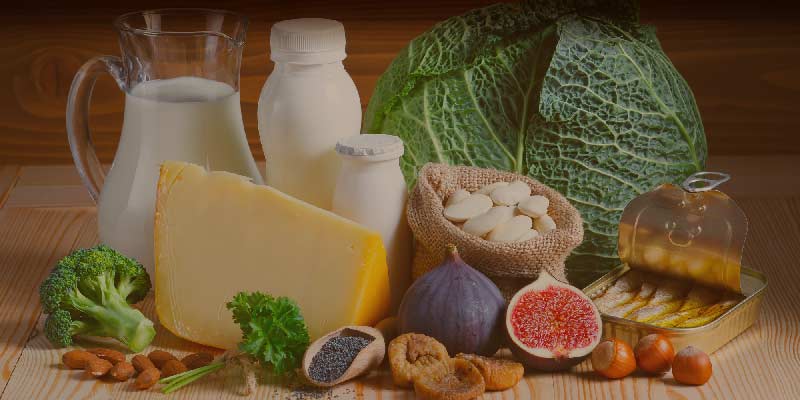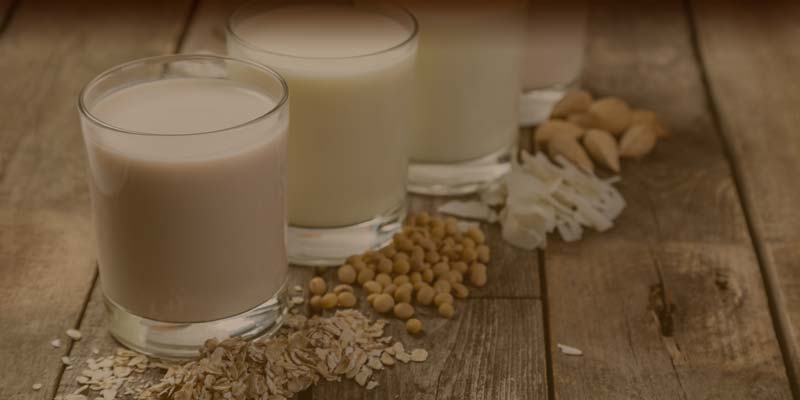Whether we want a jacket potato topping, a cheese sandwich, a cauliflower cheese or a cheeseboard when we’re entertaining, cheese is hugely versatile. And with around 700 British varieties to choose from, including favourites such as Cheddar, Red Leicester, Stilton and cottage cheese, there’s a variety to suit everyone’s tastebuds and dietary needs.
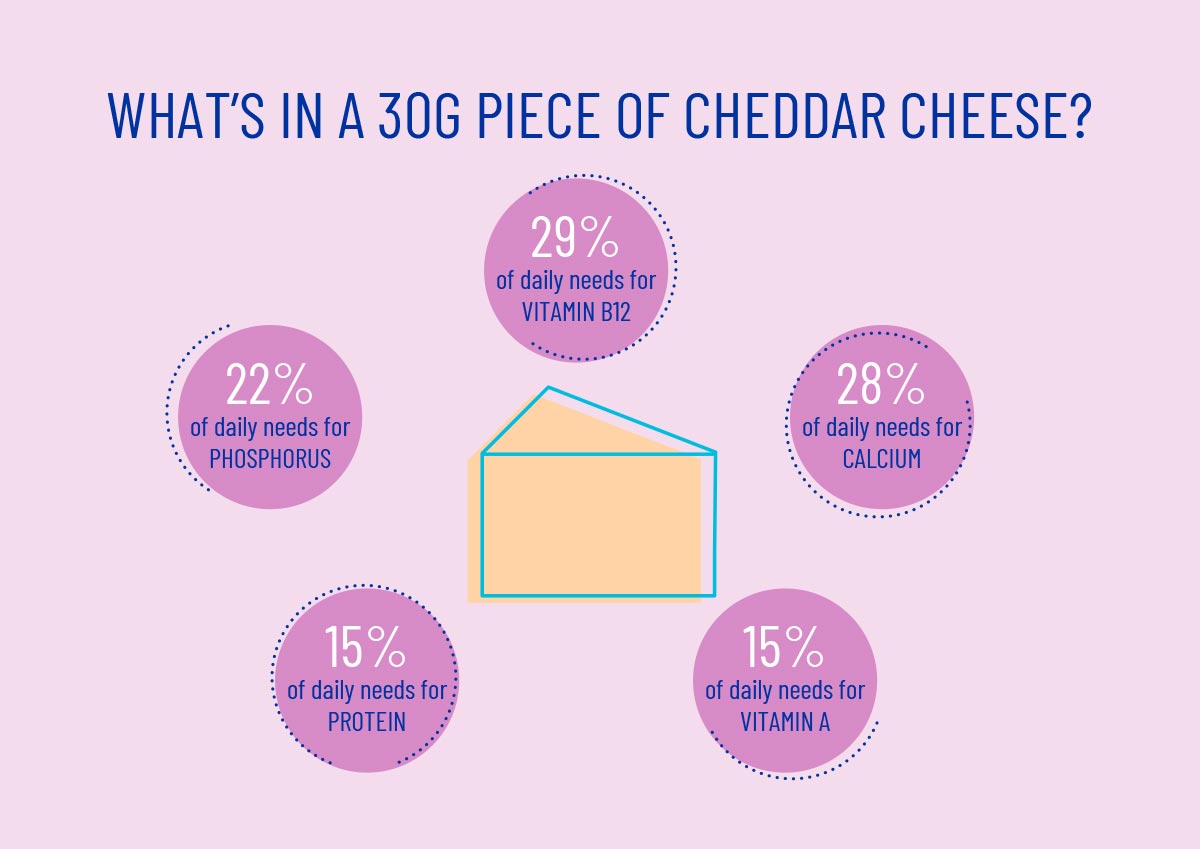
Q: What nutrients does cheese contain?
A: Like the milk from which it’s made, all types of cheese provide many nutrients. Most varieties are rich in protein, a vital nutrient for building and maintaining muscle. Most also contain calcium and phosphorus, both of which are important nutrients for bones and teeth. Hard cheeses like Cheddar, Red Leicester and Double Gloucester also add vitamin A to our diet. This nutrient helps to ensure our immune system functions normally. Cheese also supplies vitamin B12, a nutrient that’s particularly important for people who follow vegetarian diets as intakes can be low.
Q: How many calories and how much fat is there in cheese?
A: In the UK, cheese provides just 3% of the calories, 6% of the fat and 9% of the saturates in the typical diet of working-age adults5 – far less than we might expect. Specific amounts vary according to the cheese, but as a rule, reduced-fat varieties are lower in calories, fat, saturates and vitamin A than regular varieties, yet they still provide all the other nutrients, including protein and calcium. This makes them great choices for anyone who wants to reduce fat in their diet without missing out on the other nutrients – and delicious flavour – that’s provided by cheese.
Q: Does cheese contain salt?
A: Salt is added to cheese to not just to give it flavour but also for food safety, but it only makes a small contribution to our overall intake. Whilst it’s important to watch our sodium intake, just 5% of the sodium in our diet is provided by cheese.
Q: How much calcium is in cheese?
Cheese is made from milk and so it contains calcium. The exact amount depends on the variety. A 30g piece of Cheddar cheese contains 222mg calcium – that’s around 28% of the 800mg calcium recommended for a day. Opting for reduced-fat varieties won’t mean missing out on calcium either. A 30g piece of reduced-fat Cheddar provides 31% of daily calcium needs and 3 tbsp (120g) reduced-fat cottage cheese provides 19%.
30g Cheddar cheese provides…
518kJ / 125kcal
10.5g fat
6.5g saturates
0.5g salt
30g Reduced-Fat Cheddar cheese provides…
392kJ / 94kcal
6.6g fat
4.1g saturates
0.6g salt
3 tbsp (120g) Cottage cheese provides…
516kJ / 123kcal
7.2g fat
3.9g saturates
0.8g salt
3 tbsp (120g) Reduced-fat Cottage cheese provides…
354kJ / 81kcal
1.8g fat
1.2g saturates
0.6g salt
Q: Do I need to give up cheese if have a lactose intolerance?
A: Hard cheeses contain almost no lactose. This means varieties like Cheddar, Red Leicester, Wensleydale, Double Gloucester and Stilton can be eaten if you have lactose intolerance. Softer cheese such as cheese spreads, cottage cheese and processed cheeses do contain some lactose so may need to be avoided. Always seek medical advice if you think you may suffer with lactose intolerance.
Did you know?
- 30g of Cheddar cheese provides just 6% of the calories and 15% of the fat recommended for a day*
*Based on Reference Intakes of 2000kcal and 70g fat
OR
- A 30g chunk of Reduced-fat Cheddar cheese provides just 5% of the calories and 9% of the fat recommended for a day*
*Based on Reference Intakes of 2000kcal and 70g fat
Q: How much cheese should I have a day?
A: There’s no set amount. How much someone chooses to enjoy should be based on their lifestyle, food preferences and dietary needs. However, around the world, milk and dairy products are considered to be one of the four main food groups, highlighting the important part they play in helping us achieve a healthy balanced diet. The British Dietetic Association recommends three portions of dairy a day, where an adult sized portion is:
- A glass of semi-skimmed milk
- A 150g port of plain low-fat yogurt
- A 30g matchbox-sized piece of cheese or 3 tbsp (120g) cottage cheese
Last reviewed: 03/2021
Next review due: 03/2023

